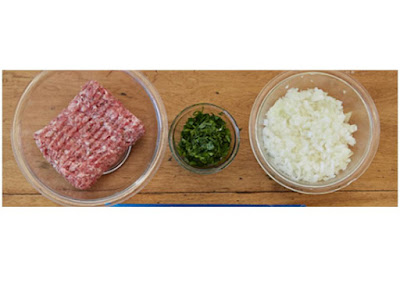My famous, favorite lasagna!

02/25/2018 One thing I clearly remember from my childhood is having wonderful, delicious Stoffer’s Lasagna with Meat and Sauce often on Sundays after church. My mom would make a “family size” tray of it in case my older sisters would come down to our house (making six people total in our immediate family). There was always plenty of food, whether or not my sisters came over. I have fond memories of eating lasagna with my family regularly. A few months after I got married and we moved into our own place, I had a strong craving for lasagna, but I wanted to make it homemade. As my blog name states, I am a little bit of a “whole grain freak.” I went to a well known “fresh-format” grocery store with my roommate/best friend that I presumed would have the type of noodles I was looking for. We didn’t find any, so we went to our version of Cub Foods and searched and searched for the ingredients I was looking for (has anyone else never had ricotta cheese?). We finally found whole